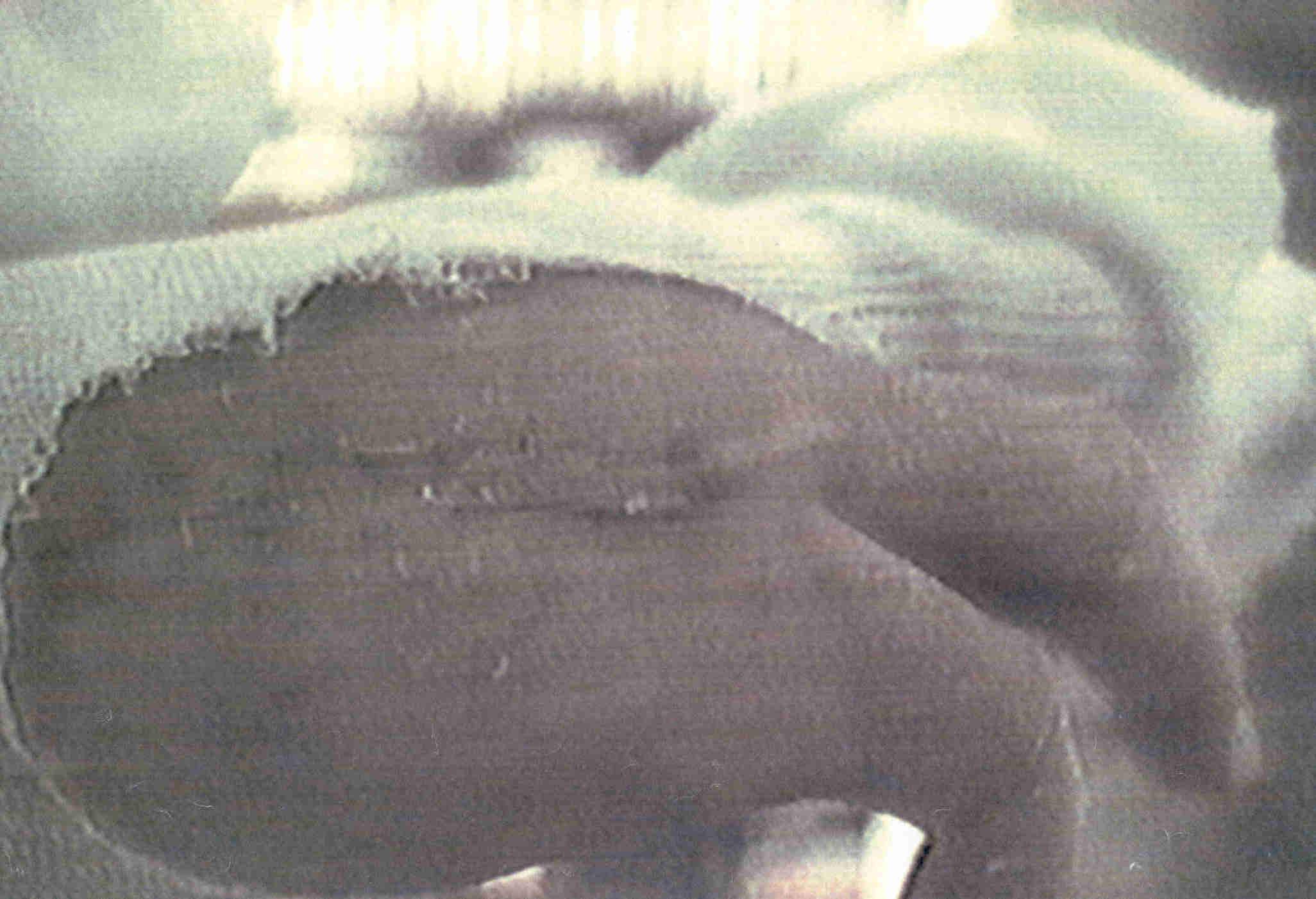
While doing some legal research at the Drinko Library, I read an article in MU's "The Parthenon" on “Campus Counseling Center Available For Students With Problems.” Steve Hensley, then director, and “brochures” stated that “at no time during or after a student’s session will any of the information be disclosed to any person outside of the program. “ The article indicated that “privacy rights, including confidentiality of written counseling services, including test or surveys are also fully protected.” Hensley added that the center will disclose nothing without a client’s permission and that all records are destroyed following graduation. Although well intentioned, nothing could be further from reality in the State of West Virginia. The State has no testimonial privilege for any type of medical, counseling or psychiatric records. In fact, the State’s Confidentiality Statute (Sec. 27-3-1) specifically grants a broad exception --- a subpoena and a court order. Reasonably one would think that sufficient. Sorry.
Lawyers representing insurance companies in routine “garden variety” personal injury cases demand access to all of a plaintiff’s medical records, including all forms of counseling (marital, addictions, mental health, domestic violence). Any time that a plaintiff claims “pain and suffering” and “emotional distress,” the defense attorneys swarm in on the records like feeding sharks.
The West Virginia Supreme Court and the legislature has refused to limit intrusive defense attorneys.
For instance, an employee of Branches domestic violence shelter suffered an injury to her leg while helping another employee jump start a vehicle. A law suit was filed in Cabell County Circuit Court asking for compensation. However, the insurer’s defense attorney demanded access to the injured woman’s counseling records. Even though her husband was no where near the scene, they asked questions about his mental state. After he suffered a heart attack, the woman settled the auto accident suit. She and her husband then sued Branches for breaching confidentiality. Sometime this summer, the West Virginia Supreme Court will issue its opinion.
But that’s only the beginning. Still another insurance defense attorney gained access HER HUSBAND'S substance abuse records. These are allegedly protected by both federal and state law.



